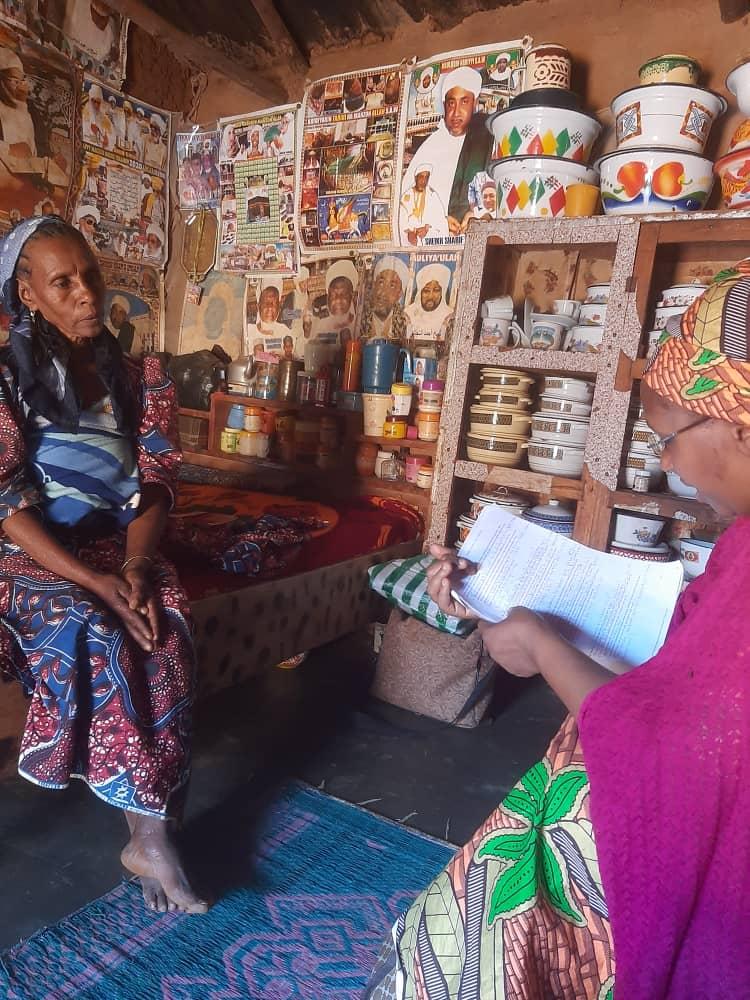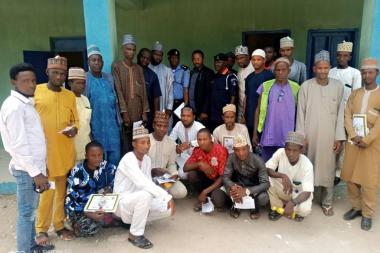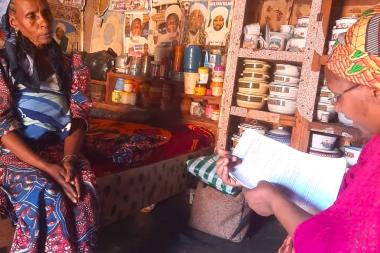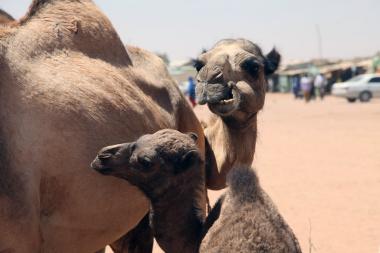Livelihoods, conflict and mediation: Nigeria
This research is the first in a series of longitudinal studies into the impact of violent and non-violent conflict on lives and livelihoods, and mediation dynamics, in Nigeria and Somalia.
This first report, by SPARC and its partner the Fulbe Development and Cultural Organization (FUDECO), provides an introductory snapshot of issues at each of the research sites from the perspectives of those interviewed. It builds on previous SPARC research examining the impacts of Covid-19 on livelihoods in Nigeria. Each successive report will dig more deeply into issues described by interviewees, and situate these within the broader historical and present-day socioeconomic and political contexts, and crises that shape their experiences.
The overarching aim of the longitudinal study is to document and understand the challenges facing people with different livelihoods, particularly around disputes and conflict of various types, and how these are impacting lives and livelihoods. The research did not initially focus on particular types of disputes and conflict, but rather let the interviewees describe the disputes and conflicts they had experienced in the last five years, including their views on the perpetrators and causes.
The economic, environmental, political and social contexts at the local-to-national levels are continually evolving, and regional-to-global events such as the economic repercussions of Covid-19 are being felt at the local level. We want to capture how people are coping with and adapting their livelihoods to this dynamism. Specific questions guiding the research include:
- What are the most significant non-conflict shocks, stresses and constraints currently affecting pastoral and agropastoral livelihoods in insecure contexts in Nigeria and Somalia?
- What types of disputes and conflicts are affecting livelihoods for women and men, and what are their impacts?
- What types of actions have been taken to respond to and/or mitigate the various types of disputes and conflicts? Responses and mitigation strategies of interest may include formal and informal mediation and conflict-resolution initiatives, as well as household and community-level adaptations to conflict events.
- When non-conflict shocks (e.g. flooding, drought, price increases) and stresses (e.g. dry-season challenges, elections) occur and/or crises develop, how are disputes and conflict incidences affected?
- How, at an individual and community level, are households adapting livelihood strategies in response to disputes, conflict and other shocks and stresses?
Key findings emerging from this study include:
- Inequitable access to land and resources is continuing to lead to land disputes across interview sites. Population growth, government policy favouring crop production, grazing bans, and shifts towards more agropastoral livelihoods were all seen as reasons for a decline in suitable grazing areas.
- In Wuro Bappate, increasing illegal mining activity is also contributing to land scarcity. While understanding who is behind this activity and the extent of its impacts warrants further exploration, illegal mining is taking place on grazing land, resulting in injuries to livestock and further land disputes.
- In Hayin Ade, the decline in land for grazing, as more area is farmed, is forcing pastoralists to move their cattle further afield, exposing them to the increased risk of banditry in neighbouring states. Interviewees reveal that family members had been kidnapped and experienced cattle raiding en route to reserves.
- Although interviewees do not describe high levels of conflict, its historical legacy continues to disrupt livelihoods. In Wuro Bappate, the imposition of grazing bans by the government, as a measure to stop land conflicts, is limiting the movements of pastoralists and placing pressure on the grazing areas that remain.
- Both interview sites have seen the establishment of vigilante groups to protect property and livestock. The establishment of the Yan Sakai in Hayin Ade received a mixed response from interviewees, with some attributing the fall in incidents of cattle raiding to the group’s formation and others criticising its conduct. In Wuro Bappate, communities have established a small vigilante group in response to attacks from farmers.



